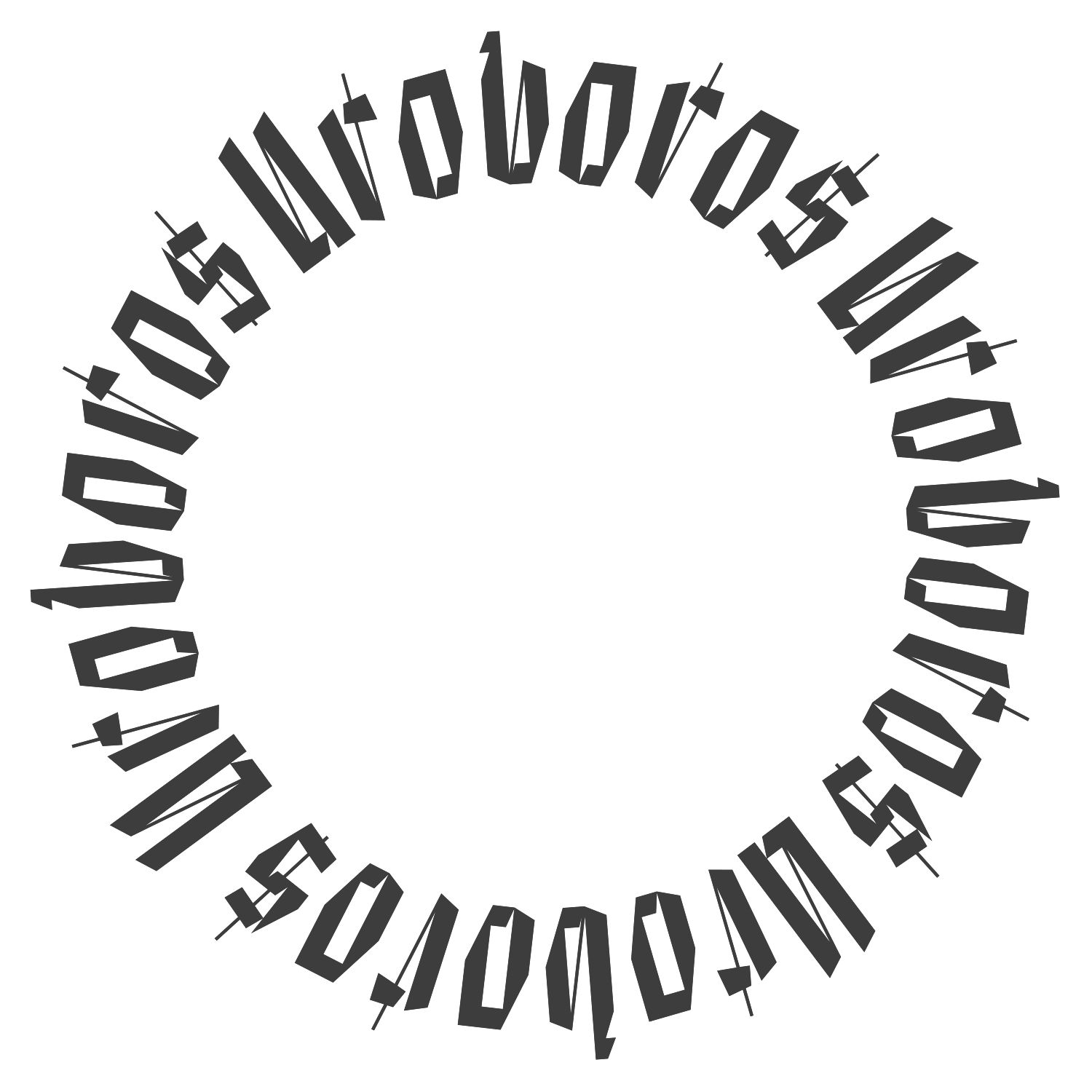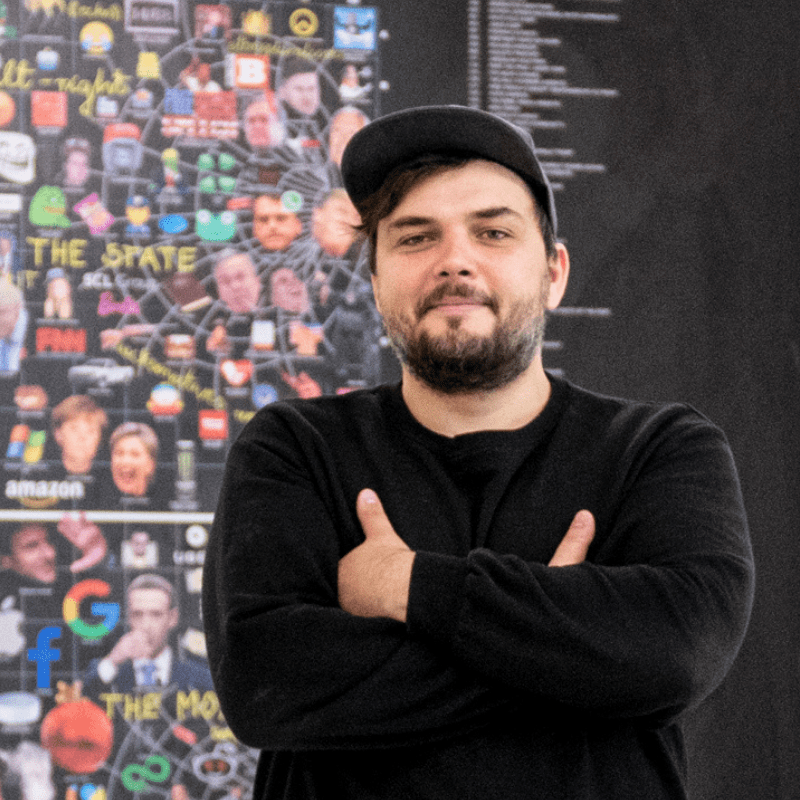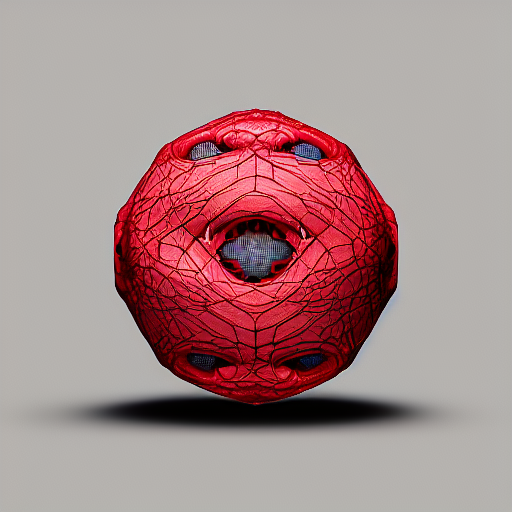
How can we cultivate our own or collective algorithmic resilience? What might an algorithmic protest look like? Algorithmic domination defines our interaction with digital tools – our individual and collective identities are defined and controlled by external tools whose primary goal is to generate profit.
We have entered an era in which the rhythm is set and controlled by platform companies (Van Dijck). Algorithms have become their main driving force. Automatically operating rules and codes have become an indispensable component of a complex infrastructure built on user interactions through internet networks and applications. Recommendation algorithms enable users to acquire diverse content more efficiently, through accurate recommendations based on big data and personalization that creates internet bubbles around us and traps us in rabbit holes. Despite the potential benefits that recommendation algorithms provide to users, they have a dark side that needs to be reflected and research for its impact on our daily decisions, activities and mental state.
How can we cultivate our own or collective algorithmic resilience? What might an algorithmic protest look like? Algorithmic domination defines our interaction with digital tools – our individual and collective identities are defined and controlled by external tools whose primary goal is to generate profit. This situation confronts us with the question of how to find ways and strategies to resist these limiting and oppressive aspects of contemporary algorithmic culture, both individually and collectively.
Michal Kučerák
Michal is a curator, researcher and lecturer working with the DOX Centre for Contemporary Art in Prague and TBA21-Academy, where he is taking care of the Ocean-Archive.org project. He is a PhD student at the Faculty of Fine Arts, University of Technology in Brno. He is the author of the #DATAMAZE project (DOX, 2018 - 2022) - a concept of an extended exhibition focused on strengthening digital and data literacy through contemporary art and design projects in a gallery environment. He is part of the team that organizes the festival focused on socially engaged design and art practice UROBOROS.
Denisa Reshef Kera
a philosopher and designer experimenting with creative strategies of public engagement in emerging science and technology issues. She worked on RegTech and algorithmic governance projects implementing ethical and regulatory guidelines into the blockchain and IoT infrastructures as a fellow of BISITE, University of Salamanca, and Weizenbaum Internet Institute in Berlin (https://github.com/anonette, http://anonette.net/). She has a global experience of researching open and citizen science projects (National University of Singapore, Arizona State University, Charles University) described as forms of “grassroots R&D culture”, “geek diplomacy” and “science artisanship”. In 2021 she joined Tel Aviv University with a project on web monetization and blockchain technologies for content creation.

